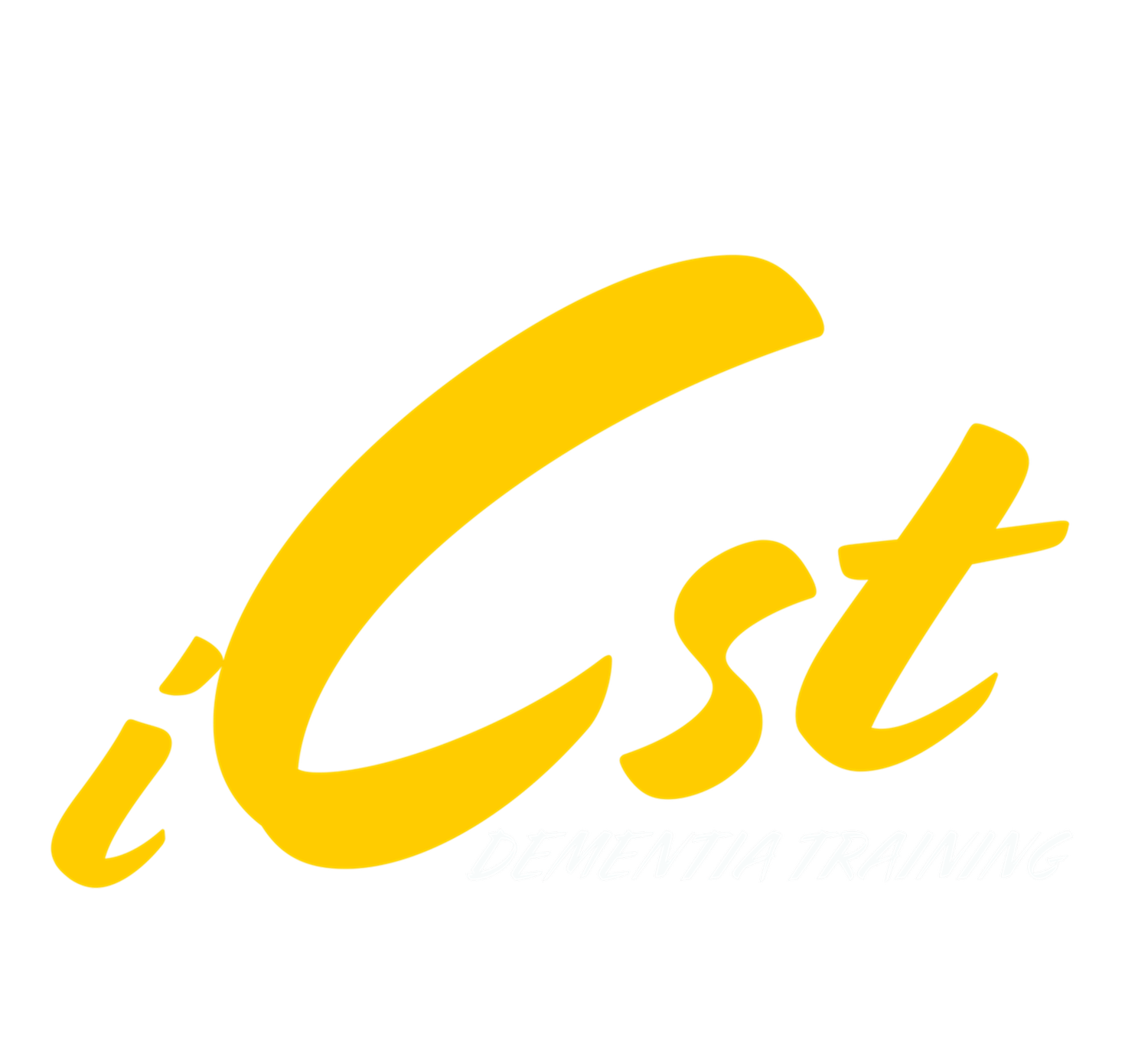An introduction
Individual Cognitive
stimulation Therapy (iCST)
Individual Cognitive Stimulation Therapy (iCST) is a cognitive and psychosocial one to one intervention offering mentally stimulation and enjoyable activities to people with dementia (1). It is based on the evidence-based group Cognitive Stimulation Therapy for people with mild to moderate dementia, which has been found to be beneficial for cognition and quality of life (2 & 3).
Individual Cognitive Stimulation
therapy Intervention
iCST is an evidence-based intervention which delivered by family carers, relatives of the person with dementia or health care professionals at their own homes.
iCST intervention consists of 75 structured activity sessions with a variety of themes including life story, word games, quizzes, art, reminiscence, discussion of current affairs and being creative. There are 13 iCST key principles must be incorporated in the sessions (4).
Why was Individual Cognitive Stimulation Therapy done?
CST is a structured group activity programme for people with dementia that has been shown to improve quality of life (QOL) and cognition (3 & 4).
CST is recommended by organisations such as the Alzheimer's Disease International and the UK National Institute for Health and Care Excellence (5).
Although CST is becoming widely available both in the UK and internationally, some people may not have access to groups CST due they are not able to get to centres offering group CST because of transport health, or mobility problems, or they would prefer not to do group activities.
iCST provides an opportunity for family carers to be involved.

